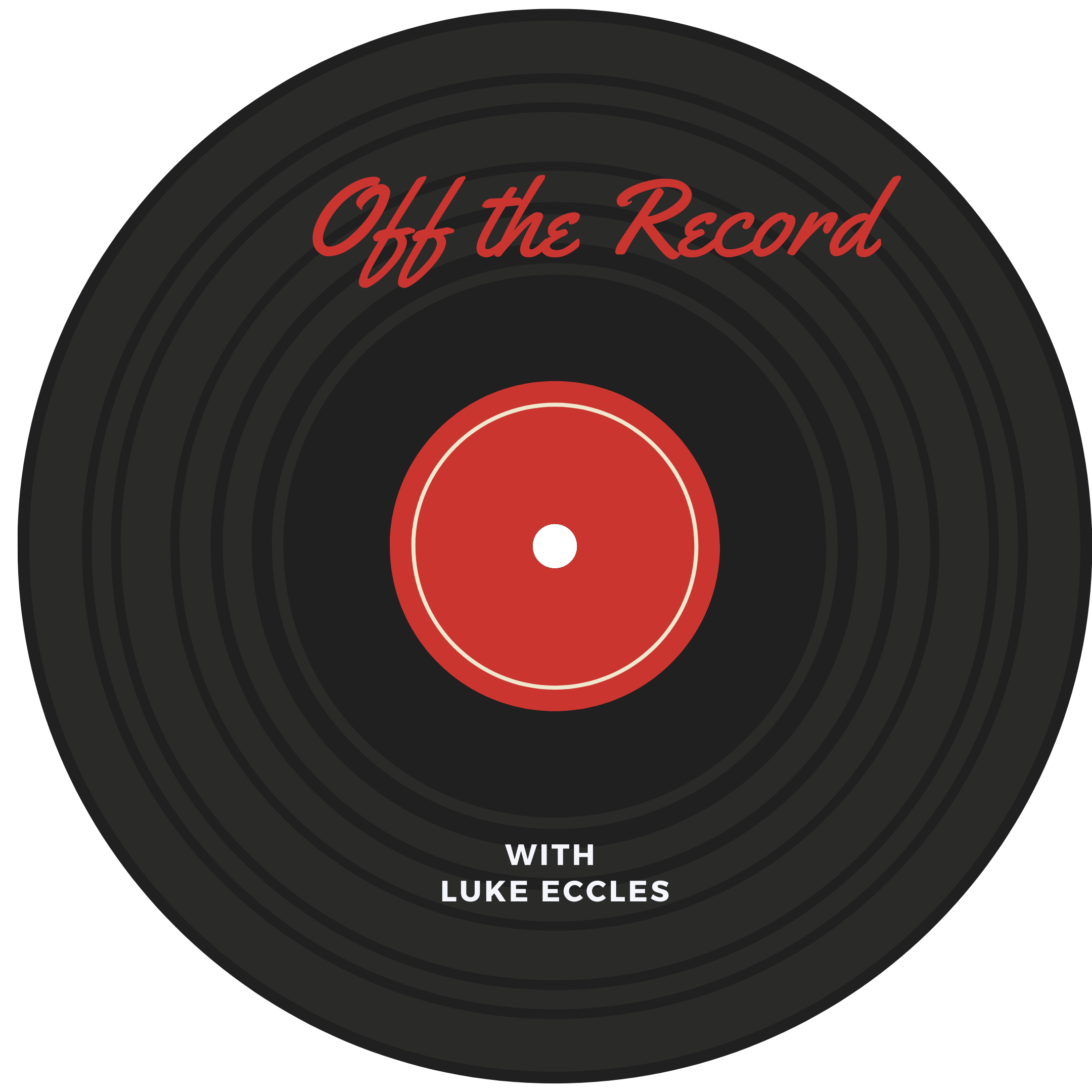“Weezer: Legends in Flux”
Hey everyone, welcome back to the show. Today’s episode dives into a band that’s been the soundtrack to awkward teenagehood, meme-era revivals, and now—strangely enough—real-life crime headlines. We’re talking about Weezer.
Yeah, that Weezer. Blue Album. Buddy Holly. Nerd rock royalty. But before we get into the chaos making headlines right now, let’s rewind.
This year marks the 30th anniversary of The Blue Album, and for a lot of fans, that alone is a reason to celebrate. The record dropped in 1994 and instantly carved out a space for alt-rock that didn’t feel like grunge, or britpop, or pop-punk. It was… different. Vulnerable. Awkward in the best way.
Now in 2025, the band’s back on the road with a tour called Voyage to the Blue Planet. They’re playing the entire Blue Album front to back, and they’re booked for a major slot at Coachella this weekend. It should be a feel-good, full-circle moment. But instead, it’s been overshadowed by something way more serious.
On April 8, just four days before Coachella, news broke that Scott Shriner’s wife, Jillian Lauren, had been shot by police at the couple’s home in Eagle Rock, Los Angeles.
Now this is where the story turns from rock nostalgia into something you’d expect on a true crime podcast.
LAPD was reportedly at the house looking for suspects in a hit-and-run investigation unrelated to the couple. But according to police, Jillian emerged from the house with a handgun. Officers say they gave her multiple commands to drop the weapon—and when she allegedly raised it in their direction, they opened fire.
She was hit in the shoulder, went back inside, and later surrendered. Her injuries were not life-threatening, but the charges? Extremely serious. She’s now facing attempted murder, and bail was set at $1 million.
Now, this isn’t just “musician’s wife in the news” type stuff. Jillian Lauren is a well-known author and true crime writer. She’s written several memoirs and is best known for Behold the Monster, where she investigated the confessions of serial killer Samuel Little.
She’s been praised for her advocacy, her writing, and her work helping victims’ families. So this wasn’t just a shocking incident—it was a whiplash moment for people who follow her professionally.
There’s no official explanation for her state of mind, and mental health hasn’t been addressed publicly yet. But it’s safe to say something went deeply wrong that day. And now, the focus is split—partly on her, and partly on how her husband, and the band, have chosen to move forward.
The very next day, Scott Shriner was spotted walking his dogs and talking to the press. And when asked how Jillian was doing, he said, “She’s alright,” and then casually told folks to come check out Weezer’s Coachella set.
That’s it. No public statement, no indication that he was stepping back—just business as usual.
Some fans saw that as him trying to stay strong, keep things professional, move forward. But others? It felt completely disconnected. Like… your wife just got shot by the LAPD and you’re giving concert plugs?
Of course, we don’t know what’s happening behind closed doors. Everyone reacts to trauma differently. But there’s no denying the moment felt strange, especially when you’re in a band that’s all about vulnerability and emotional rawness.
It brings up that old tension we always talk about in music fandom—can you separate the art from the artist? What’s the right balance between personal crisis and public responsibility?
We’ll come back to that. But let’s zoom out for a second and look at Weezer’s strange and fascinating journey to this point—because they’ve always been a band that lived in contrast.
Weezer exploded in the mid-90s with a debut album that somehow combined power-pop guitar riffs with lyrics about Dungeons & Dragons, awkward parties, and unrequited love. The Blue Album was produced by Ric Ocasek of The Cars and became an instant classic.
But when they followed it up with Pinkerton in ’96, things got messy. That album was darker, weirder, and way more personal. Critics panned it. Fans didn’t get it. Rivers Cuomo, the band’s frontman, took a step back from the spotlight.
Years later, though? Pinkerton became the blueprint for emo, indie rock, and confessional songwriting. It’s now considered a cult classic—arguably even more beloved than the debut.
Since then, the band has been all over the place. Albums like Make Believe, Raditude, Hurley, Pacific Daydream—you name it, they’ve tried it. They’ve done baroque pop on OK Human, hard rock on Van Weezer, and even a seasonal EP series with SZNZ.
And don’t forget the viral stuff—like their deadpan cover of Toto’s “Africa,” which basically broke the internet for a week.
Some fans think they’ve sold out. Others think they’ve become self-aware performance artists. But one thing’s for sure: they’ve always kept people guessing.
And that unpredictability? It’s part of the reason why people still care. Even now, even with this messy headline hanging over their name, there are thousands of fans still buying tickets to see The Blue Album live in full.
So now the big question: where does Weezer go from here?
Jillian Lauren’s next court date is April 30th. She’s recovering physically. The legal process is only beginning. And Scott Shriner, unless something changes, is still performing with the band.
Meanwhile, Weezer’s playing Coachella this Saturday night, as planned.
Some fans are showing up for the nostalgia. Others are stepping back out of discomfort or disbelief. And most of us? We’re stuck in the weird in-between—trying to square a band that gave us “Island in the Sun” with a very real, very serious police incident.
It’s a reminder that celebrity doesn’t protect anyone from crisis. And that even after three decades of music, reinvention, and meme-fueled comeback moments, Weezer is—once again—at the center of a story no one expected.

